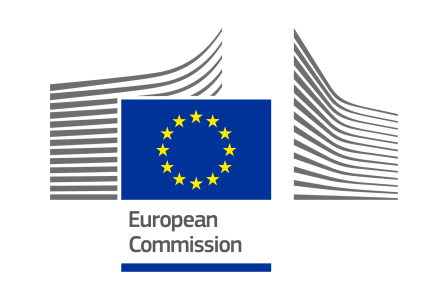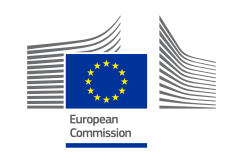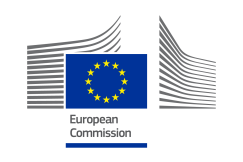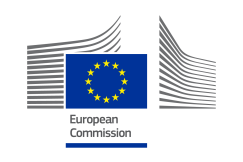Policies
01 April 2025
Common Agricultural Policy (CAP)
Policies
01 April 2025
1. Healthy, balanced and sustainable diets for all European consumers
2. Prevention and reduction of food loss and waste
3. A climate - neutral food chain in Europe by 2050
+4 more
Login / create an account to be able to react
-
40

In the early years of European integration, a shared desire to increase food production and restructure agriculture led to the development of the common agricultural policy (CAP). 60 years later, the CAP is the longest-running European Union (EU) policy, providing vital support to farmers, rural areas and the entire agri-food system across the EU. It accounts for 31% of the total EU budget for the 2021–2027 period.
Editorial team
European Commission - DG AGRI
Topics
EU-27
EU Institutions
-
CoC aspirational objectives
-
-
1. Healthy, balanced and sustainable diets for all European consumers
-
2. Prevention and reduction of food loss and waste
-
3. A climate - neutral food chain in Europe by 2050
-
4. An optimised circular and resource-efficient food chain in Europe
-
5. Sustained, inclusive and sustainable economic growth, employment and decent work for all
-
6. Sustainable value creation in the European food supply chain through partnership
-
7. Sustainable sourcing in food supply chains
-
Share
Launched in 1962, the EU’s common agricultural policy (CAP) is a partnership between agriculture and society, and between Europe and its farmers. It aims to:
- support farmers and improve agricultural productivity, ensuring a stable supply of affordable food;
- safeguard European Union farmers to make a reasonable living;
- help tackle climate change and the sustainable management of natural resources;
- maintain rural areas and landscapes across the EU;
- keep the rural economy alive by promoting jobs in farming, agri-food industries and associated sectors.
The CAP is a common policy for all EU countries. It is managed and funded at European level from the resources of the EU’s budget.
The level of support for EU farmers from the overall EU budget reflects the many variables involved in ensuring continued access to high quality food, which includes functions such as income support to farmers, climate change action, and maintaining vibrant rural communities.
The CAP is financed through two funds as part of the EU budget:
- the European agricultural guarantee fund (EAGF) provides direct support and funds market measures;
- the European agricultural fund for rural development (EAFRD) finances rural development.
Payments are managed at national level by each EU country. Information about the recipients of CAP payments is published by each country, in accordance with EU transparency rules.
Related legislation:
The legal basis for the common agricultural policy is established in the Treaty on the Functioning of the European Union.
The CAP 2023-27 is covered by three regulations, which generally apply since 1 January 2023:
- Regulation (EU) 2021/2116, repealing Regulation (EU) 1306/2013 on the financing, management and monitoring of the CAP;
- Regulation (EU) 2021/2115, establishing rules on support for national CAP strategic plans, and repealing Regulations (EU) 1305/2013 and 1307/2013;
- Regulation (EU) 2021/2117, amending Regulation (EU) 1308/2013 on the common organisation of the agricultural markets; Regulation (EU) No 1151/2012 on quality schemes for agricultural products; Regulation (EU) No 251/2014 on geographical indications for aromatised wine products; and Regulation (EU) No 228/2013 laying down measures for agriculture in the outermost regions of the EU.
Related funding:
The EU’s multiannual financial framework (MFF) for 2021-27, adopted on 17 December 2020, amounts to €1.21 trillion (in current prices) with an additional €808 billion from the next generation EU recovery instrument. The total allocation for the common agricultural policy (CAP) amounts to €386.6 billion, divided between the EAGF and the EAFRD as stated above. See Common agricultural policy funds.
Comments (0)
See also
Trade policy
- Categories
- 2. Prevention and reduction of food loss and waste 3. A climate - neutral food chain in Europe by 2050 4. An optimised circular and resource-efficient food chain in Europe +3 more
Digital Decade Policy programme 2030
- Categories
- 2. Prevention and reduction of food loss and waste 3. A climate - neutral food chain in Europe by 2050 4. An optimised circular and resource-efficient food chain in Europe +3 more
A new industrial strategy for Europe
- Categories
- 2. Prevention and reduction of food loss and waste 3. A climate - neutral food chain in Europe by 2050 4. An optimised circular and resource-efficient food chain in Europe +3 more




